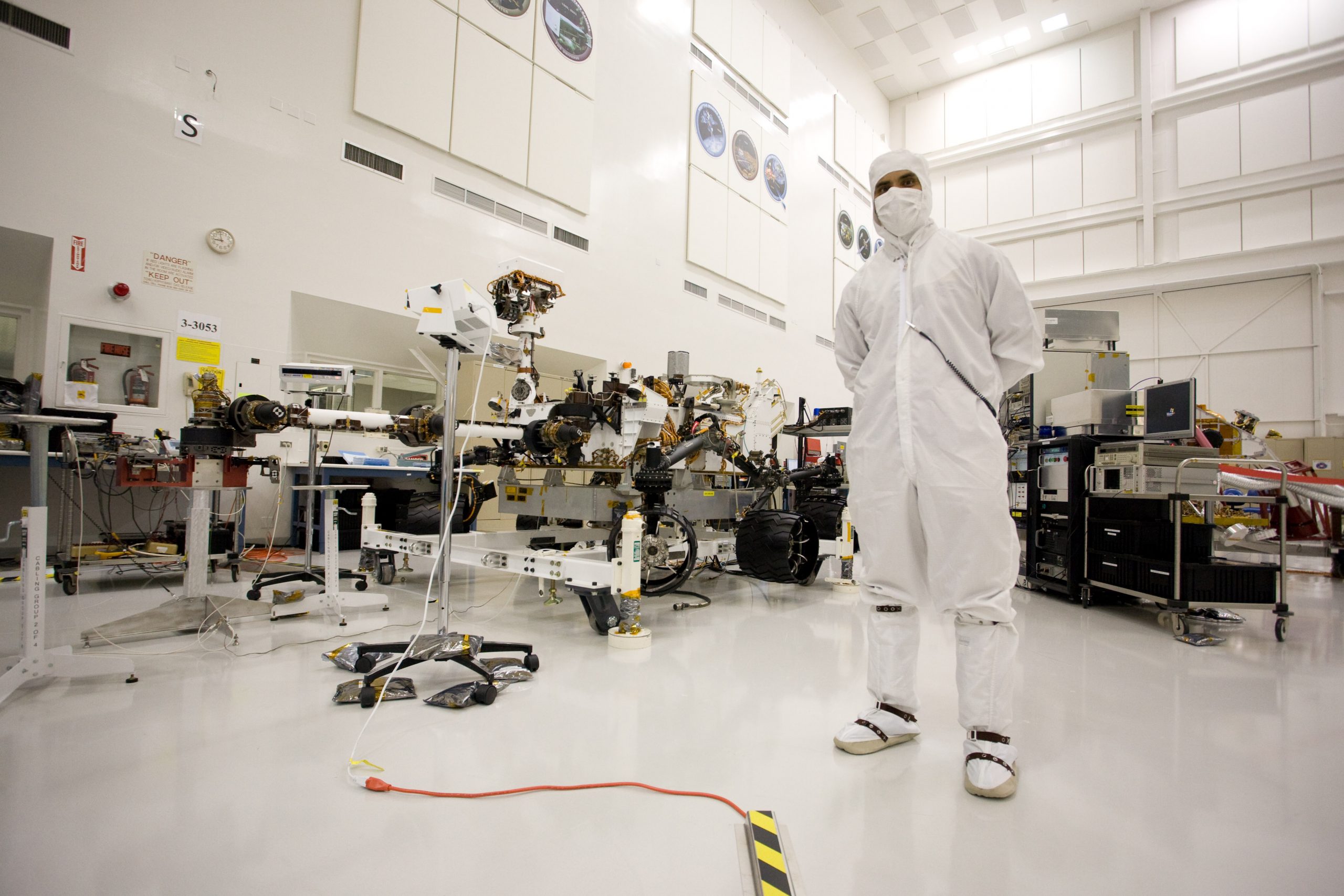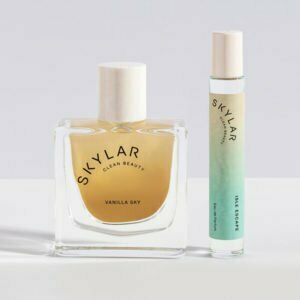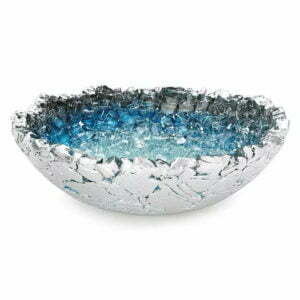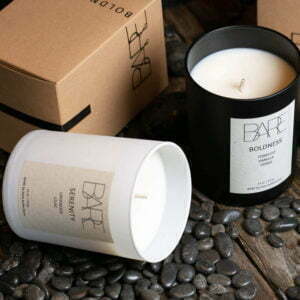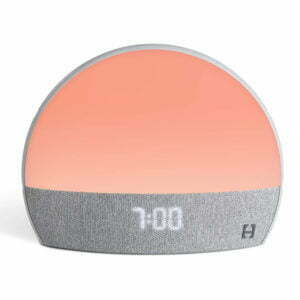Plastic is a widely used material that has significant relevance in society. Its versatility allows it to produce and comprise many everyday goods that people use for safety purposes, entertainment, and more.
Manufacturers use plastic to create baby and child safety car seats, airbags in vehicles, bicycle helmets, and other essential protective items. Televisions, computers, phones, and other electronic devices and equipment contain plastic. Plastic impacts the food we eat and how we eat it, as plastics in packaging keep food fresh and safe, and plastic plates, cups, and cutlery are alternatives to silver dinnerware or China dinnerware.
In addition to its use in everyday household, health, beauty, and safety items, plastic is useful in the creation of various high-powered technology for many industries.
High performance engineered plastics produced by Craftech Industries, Inc., for instance, are useful in industries such as aerospace, electronics, telecommunications, automotive and waste management, the medical field, and more. Craftech Industries, Inc. produces essential hardware such as plastic screws, bushings, washers, spacers, bolts, threaded rod, hinges, fasteners, and more.
Cleanroom 101
To manufacture such hardware, professionals require clean, closed spaces that minimize and control the amount of contaminant matter in the working environment. Such areas, referred to as cleanrooms, are essential to the medical, chemical, biotechnology fields, the manufacturing of electronic hardware, and more. Cleanrooms are sterile workspaces that are free of bacteria, fungal spores, viruses, and other pathogens that have the potential to compromise the work done and materials produced. These environments, typically cleaned by hand, tend to have abrasion-resistant furniture and equipment.
Industries in need of cleanrooms should hire a professional construction service to construct them. For clean room construction in Ohio, businesses should consult Western Environmental Corporation. Western Environmental Corporation has over twenty years of experience creating cleanrooms, metrology labs, and other environmentally controlled spaces for various industries.
Western Environmental understands that while all cleanrooms serve the same purpose, each business in varying industries has different needs. For this reason, Western Environmental strives to incorporate feedback from companies into their cleanroom projects, to ensure each finished room meets or exceeds businesses’ expectations.

Cleanroom Dos and Don’ts
A complete cleanroom requires skilled workers who can handle extensive daily tasks and follow specific guidelines about preventing the spread of dust, skin, or dirt particles and microorganisms in such a closed, sterilized environment.
Limiting frantic movements in a cleanroom is a way to be careful and avoid creating air currents. Moving through the environment and walking around can cause air currents, eddies, and particles that can settle on work surfaces.
To keep surfaces clean in cleanrooms, workers should avoid picking up objects they drop on the floor. Picking up fallen items with gloves on can contaminate work gloves. If retrieving objects is necessary, workers should take these items outside of the cleanroom when they pick them off, wipe them, and replace their gloves.
Cleanroom workers shouldn’t wear accessories, jewelry, perfume, cologne, or makeup to avoid compromising the work materials. In a cleanroom, people should also avoid eating food, drinking, or chewing gum, as food particles could contaminate workspace surfaces. Cleanroom workers who smoke tobacco or nicotine products should avoid smoking in the workplace and drink water before entering the room to reduce the likelihood of airborne particles polluting the area.
Most importantly, as with any workplace, personal hygiene is crucial. Cleanroom workers should shower and wash their hair regularly. Some cleanrooms equip workers with lotions that replace their skin’s natural oils. Workers should wash their hands, cover any exposed hair, and wear gloves, masks, protective eyewear, and bodysuits.
Working in a cleanroom requires discipline and adherence to guidelines and regular cleaning of the environment.

